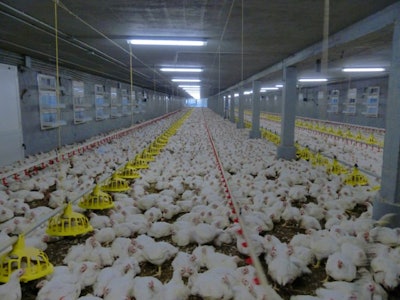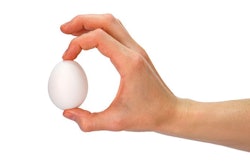
The report of the Intergovernmental Panel on Climate Change (IPCC), the panel of experts on global warming that advises the United Nations, was released in August. It is about the urgent need to change habits regarding animal protein consumption because producing it has a great impact on climate change. Once again, it slashed the already beaten animal agriculture industry.
I have no doubts about this impact. I am no one to question an issue that I do not know about, and one I agree that we have to face and solve. However, along with this, other related issues need to be addressed. Let's be honest: in general, people are not interested in helping. We continue using single-use plastic bags and packaging, without even using them a second time (believe me, it is possible to do it), we use the car to travel ridiculously short distances (believe me, we can also walk them), and then there is the enormous amount of foods that we waste (just look at what people put on their plates at buffets that they do not eat, and if it is eaten, is is done indisputably in excess).
In addition to these, there are many other actions, but — why not — let’s blame it on someone else, like livestock producers and consumers of animal protein. But all this is said by those who incur in excess, that is, the rich countries. Why not ask a person from one of the poor states of southern Mexico, or a Venezuelan who eats 9 kg of chicken a year, or a Nicaraguan who only eats 115 eggs a year on average?
I liked the answer that Marta G. Rivera, director of Agroecology and Food Systems at the University of Vic (Spain), gave to El País newspaper: "Cows are not to blame," and much less broilers and layers, I would like to add. "People are [the ones to blame]," she added.
Let's change habits but produce and consume responsibly. Intensive animal production has a reason, although there are small groups that want their foods to be "natural."
What do you think?


















